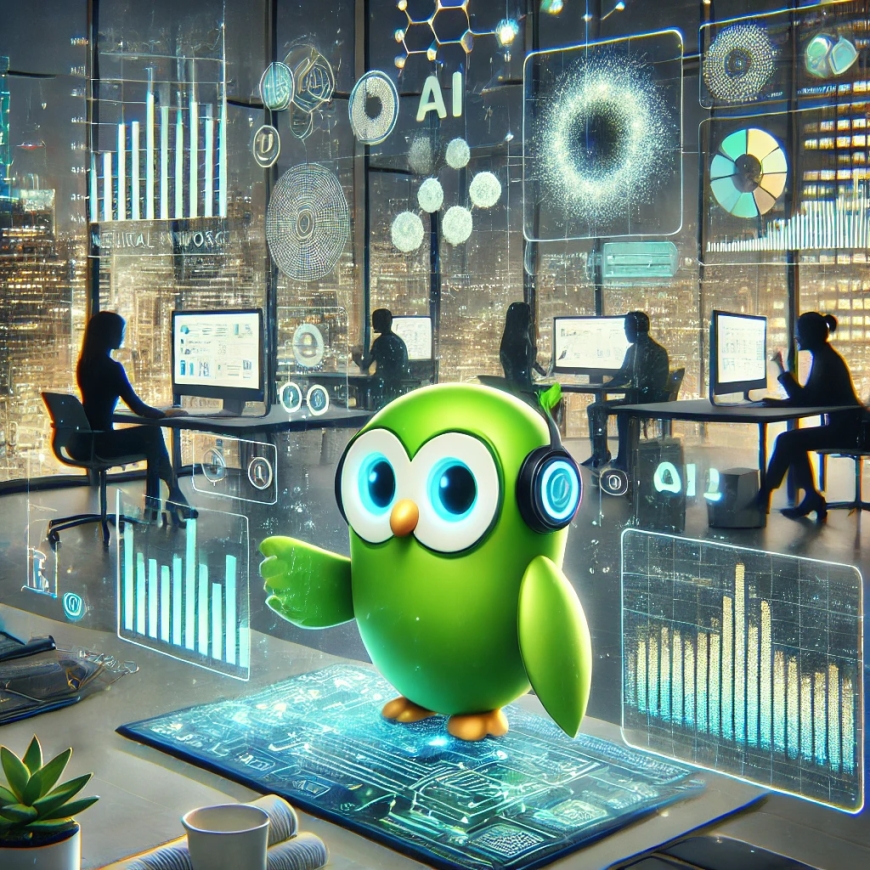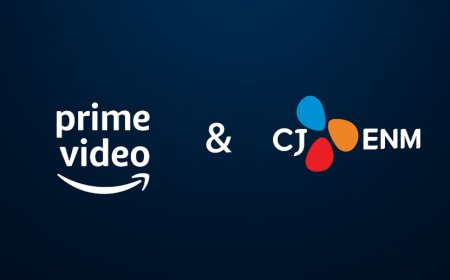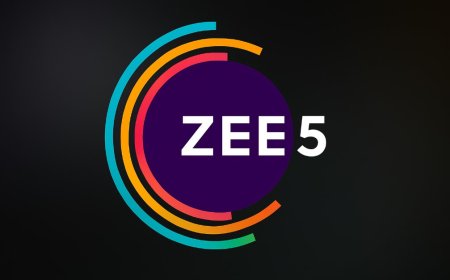Duolingo Adopts AI-First Approach, Scales Down Contract Workforce
Duolingo shifts toward becoming an AI-first company, scaling back contract-based roles while integrating artificial intelligence into content creation and platform operations.

Introduction: Embracing AI to Drive the Future of Language Learning
Language learning platform Duolingo has announced a major transition toward becoming an AI-first company. As part of this shift, the company is scaling back its reliance on contract workers and focusing more on automation and artificial intelligence across its operations. The move reflects Duolingo's broader strategy to enhance efficiency, lower operational costs, and accelerate innovation.
The Shift: Contract Work Replaced by Automation
In a message shared publicly by company leadership, Duolingo outlined how AI will now play a larger role in areas traditionally managed by contract professionals — including content creation, translation, and quality review. The company has gradually begun reducing roles that it believes can now be handled by AI tools, leading to the offboarding of a portion of its contract workforce.
While this decision affects a subset of contributors, particularly freelance content developers and translators, full-time employees remain unaffected.
Why the Change?
The shift toward AI is grounded in Duolingo’s goal to become more scalable and consistent in its delivery. According to company leadership, adopting AI enables them to produce content faster and more efficiently while maintaining a high standard of quality. There’s an acknowledgment that early implementation may include some minor compromises, but the long-term benefits are seen as outweighing those risks.
Additionally, Duolingo plans to invest in AI-assisted tools that allow internal teams to work alongside machine-generated content, merging human insight with machine efficiency.
Training and Support for Remaining Teams
To adapt to this transformation, Duolingo is equipping its internal teams with AI tools and training. The aim is to foster a hybrid workflow where humans and AI collaborate — instead of replacing every manual role outright, the company is focused on creating new efficiencies where AI supports human decisions and creativity.
Industry Context: A Growing Trend
Duolingo's move reflects a wider trend across the tech and edtech industries. Many digital-first companies are now integrating AI into content pipelines, support functions, and even hiring processes. Organizations across sectors are seeking ways to do more with fewer manual resources — especially as AI tools continue to improve in quality and accessibility.
Still, this approach sparks important discussions about job displacement, skill development, and the evolving definition of “creative work” in the age of artificial intelligence.
Conclusion: Redefining Productivity in the AI Era
Duolingo’s shift marks a significant moment in the education technology space — one where automation is not just assisting, but actively replacing traditional workflows. As more companies explore similar paths, it raises important conversations about how organizations can balance innovation with ethical and sustainable workforce practices.
For Duolingo, this move is intended to pave the way for faster growth, streamlined operations, and smarter language learning experiences — all powered by artificial intelligence.
What's Your Reaction?
 Like
0
Like
0
 Dislike
0
Dislike
0
 Love
0
Love
0
 Funny
0
Funny
0
 Angry
0
Angry
0
 Sad
0
Sad
0
 Wow
0
Wow
0












































